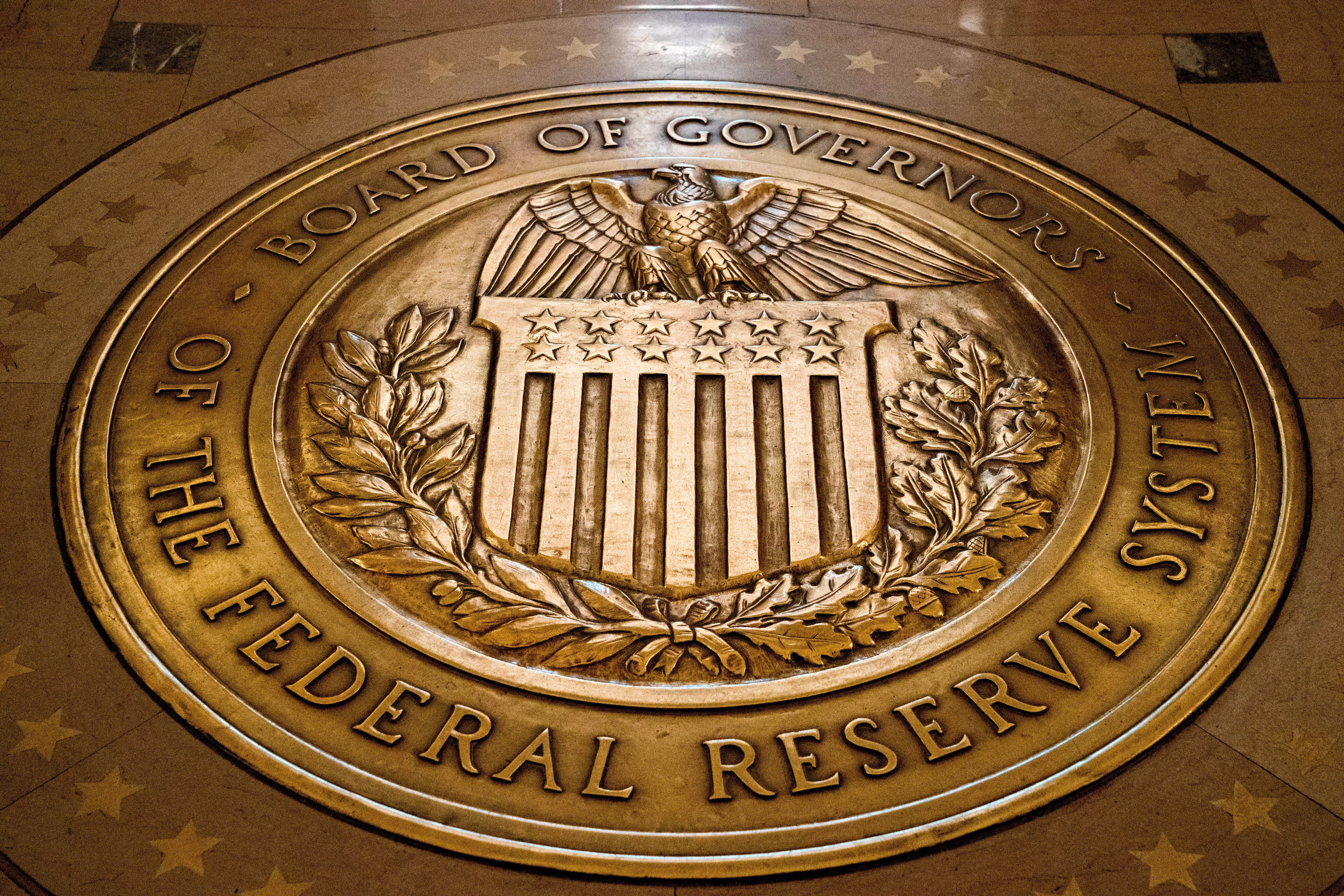Even with California, the sixth biggest economy in the world, legalizing pot, incongruities in state and federal law hinder growth in the marijuana market.
That’s according to Paul Armentano, Deputy Director of the National Organization for the Reform of Marijuana Laws (NORML).
“Californians, like most Americans, believe that it’s preferable to have the commercial marijuana market governed by licensed businesses, rather than by cartels and drug dealers,” Armentano said.
“But unfortunately these businesses, even when they are state compliant and locally compliant, largely cannot act in a transparent manner, because they do not have access to banking. They can’t run credit cards, and we see little accountability or transparency because of this conflict with the federal government.”
But there might be some progress. Legalizing marijuana on a federal level has gained bipartisan support in Congress, with Representatives Tom Garrett (R-VA) and Tulsi Gabbard (D-HI) introducing a bill last March calling for an end to marijuana prohibition on the federal level.
The “Ending Federal Marijuana Prohibition Act of 2017” would put legislative power in the hands of states and remove cannabis as a Schedule I drug. Knowingly taking marijuana to a state where it’s prohibited, though, would still be subject to criminal penalties.
For full interview [click here](https://cheddar.com/videos/weed-across-america-federal-vs-state-laws).
Federal Reserve Chair Jerome Powell on Tuesday signaled a cautious approach to future interest rate cuts, in sharp contrast with other Fed officials who have called for a more urgent approach. In remarks in Providence, Rhode Island, Powell noted that there are risks to both of the Fed’s goals of seeking maximum employment and stable prices. His approach is in sharp contrast to some members of the Fed’s rate-setting committee who are pushing for faster cuts.
President Donald Trump’s efforts to reshape the American media landscape have led to the suspension of late-night comedian Jimmy Kimmel.
Ben & Jerry’s co-founder Jerry Greenfield is leaving the ice cream brand after 47 years. He says the freedom the company used to have to speak up on social issues has been stifled
The Federal Reserve cut its key interest rate by a quarter-point Wednesday and projected it would do so twice more this year as concern grows at the central bank about the health of the nation’s labor market. The move is the Fed’s first cut since December and lowered its short-term rate to about 4.1%, down from 4.3%. Fed officials, led by Chair Jerome Powell, had kept their rate unchanged this year as they evaluated the impact of tariffs, tighter immigration enforcement, and other Trump administration policies on inflation and the economy. The only dissenter was Stephen Miran, the recent Trump-appointee.
After a late-night vote and last-minute ruling, the Federal Reserve began a key meeting on interest rate policy Tuesday with both a new Trump administration appointee and an official the White House has targeted for removal.
The Trump administration has issued its first warnings to online services that offer unofficial versions of popular drugs like the blockbuster obesity treatment Wegovy.
Albania's Prime Minister Edi Rama says his new Cabinet will include an artificial intelligence “minister” in charge of fighting corruption. The AI, named Diella, will oversee public funding projects and combat corruption in public tenders. Diella was launched earlier this year as a virtual assistant on the government's public service platform. Corruption has been a persistent issue in Albania since 1990. Rama's Socialist Party won a fourth consecutive term in May. It aims to deliver EU membership for Albania in five years, but the opposition Democratic Party remains skeptical.
The Trump administration has asked an appeals court to remove Lisa Cook from the Federal Reserve’s board of governors by Monday, before the central bank’s next vote on interest rates. Trump sought to fire Cook Aug. 25, but a federal judge ruled late Tuesday that the removal was illegal and reinstated her to the Fed’s board.
President Donald Trump's administration is appealing a ruling blocking him from immediately firing Federal Reserve Gov. Lisa Cook as he seeks more control over the traditionally independent board. The notice of appeal was filed Wednesday, hours after U.S. District Judge Jia Cobb handed down the ruling. The White House insists the Republican president had the right to fire Cook over mortgage fraud allegations involving properties in Michigan and Georgia from before she joined the Fed. Cook's lawsuit denies the allegations and says the firing was unlawful. The case could soon reach the Supreme Court, which has allowed Trump to fire members of other independent agencies but suggested that power has limitations at the Fed.
Chief Justice John Roberts has let President Donald Trump remove a member of the Federal Trade Commission, the latest in a string of high-profile firings allowed for now by the Supreme Court.











